contributors
Pyotr Iskenderov

Senior Researcher, Institute of Slavic Studies.
all articles


The future situation both in Catalonia and surrounding Iraqi Kurdistan will reveal evidence of geopolitical maneuvers and machinations that have little in common with the aspirations of the people.
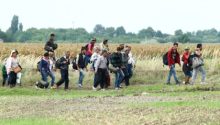

The Balkans are being threatened with a new influx of refugees and illegal immigrants from Turkey – not just by land this time, but also by sea. In recent days, the relevant services of Romania and Bulgaria have recorded a significant increase in the number of migrants trying to cross the Black Sea to reach Bulgaria and Romania’s borders with the European Union – migration flows are clearly shifting from the Mediterranean to the Black Sea.
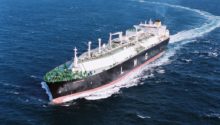

The European Commission is offering European consumers the so-called Southern Gas Corridor, which provides for the supply, in particular, of Azerbaijani and Central Asian gas along the Turkey–Greece–Italy route. The project’s potential participants have their own interests, however, and are divided by long-standing antagonisms that are turning the corridor into a military and political delayed-action mine.


Yet another promising area of bilateral cooperation between Russia and Austria is the high-tech manufacturing segment of heavy engineering associated with hydropower and the supply of related equipment and materials, in which the cooperation between Russia’s RusHydro and Austria’s Voith Hydro plays a central role.
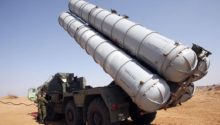

Serbia’s new president, Aleksandar Vučić, is clearly trying to maintain a balance between the West and the East when it comes to military matters. How else to view his recent statements concerning Belgrade’s ambition to acquire S-300 surface-to-air missile systems from either Russia or Belarus?
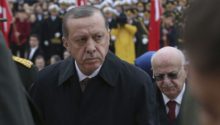

The troubled relations between Turkey and the European Union clearly demonstrate the futility of Brussels’ attempts to build a working model of multiculturalism in Europe. The main thing here is the objective impossibility of combining two mutually exclusive aims: getting the refugee crisis under control, including by working with Muslims, chiefly the many Turkish communities in EU countries, while at the same time opposing the policies of the current Turkish government headed by President Recep Tayyip Erdoğan.
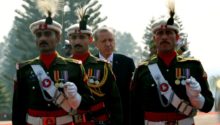

Turkish President Recep Tayyip Erdoğan’s visit to Russia came amidst some seismic shifts in international relations. Ideas that were taken for granted only yesterday are collapsing, and new alliances are emerging.
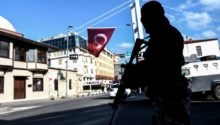

Among the major geopolitical challenges of 2017 that could seriously alter the balance of power in the international arena, particular attention should be given to the developing situation in Turkey. The final weeks of 2016 showed increasing cooperation between Ankara and Moscow on major international issues such as Syria and the fight against international terrorism on the one hand, and the ability of terrorist organisations to carry out successful attacks in the heart of Turkey, Istanbul, on the other…
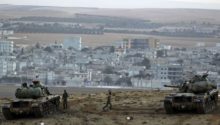

The years of armed conflict in Syria and the recent successes of government forces have exacerbated internal conflicts within the North Atlantic Treaty Organization due to the different understandings by members of this military alliance of its goals and objectives in Syria…


This past year of 2016 set a new record for the export history of Gazprom, Russia’s biggest gas company. Its chairman, Alexey Miller, has claimed that by the end of the year Gazprom will have shipped a total of 180 billion cubic meters to non-CIS countries.



